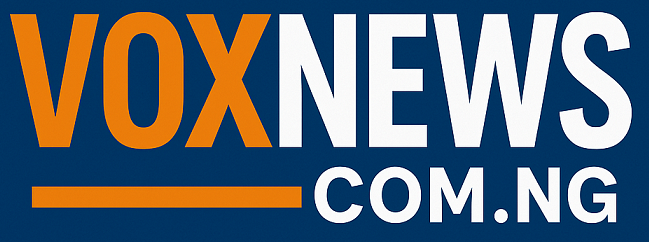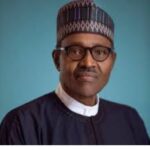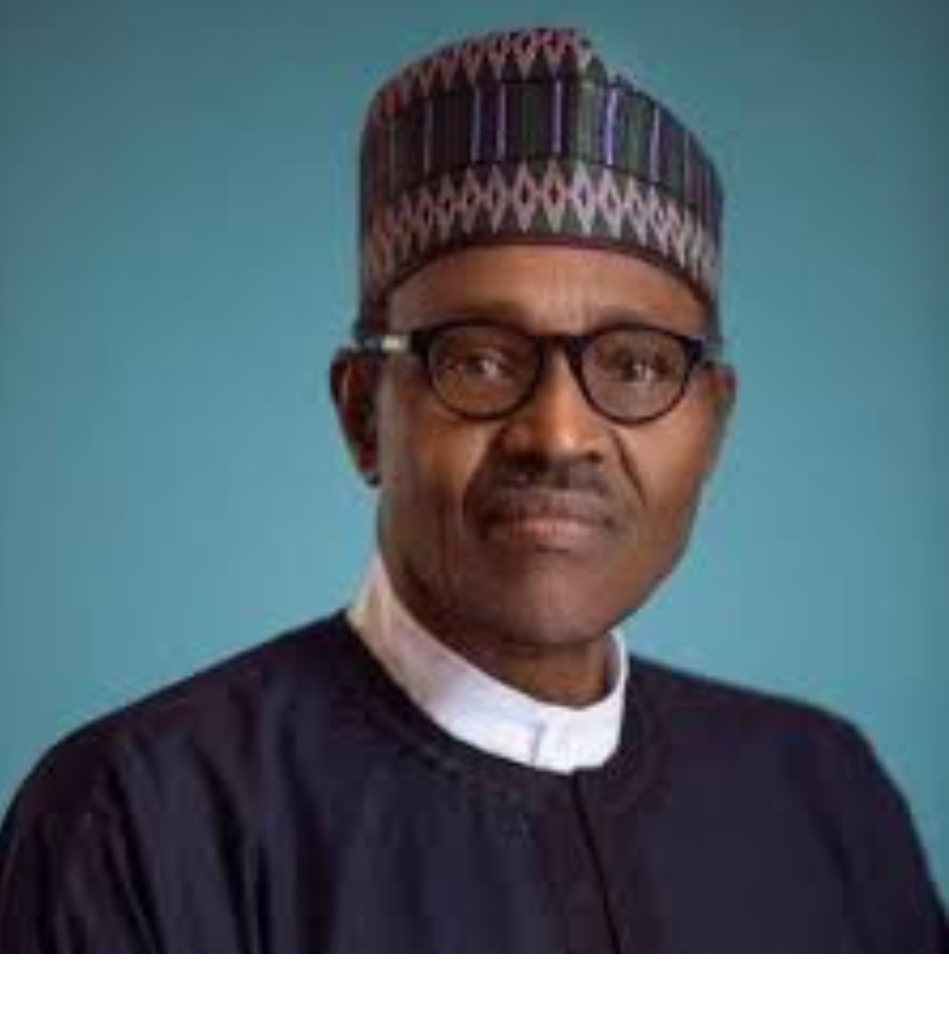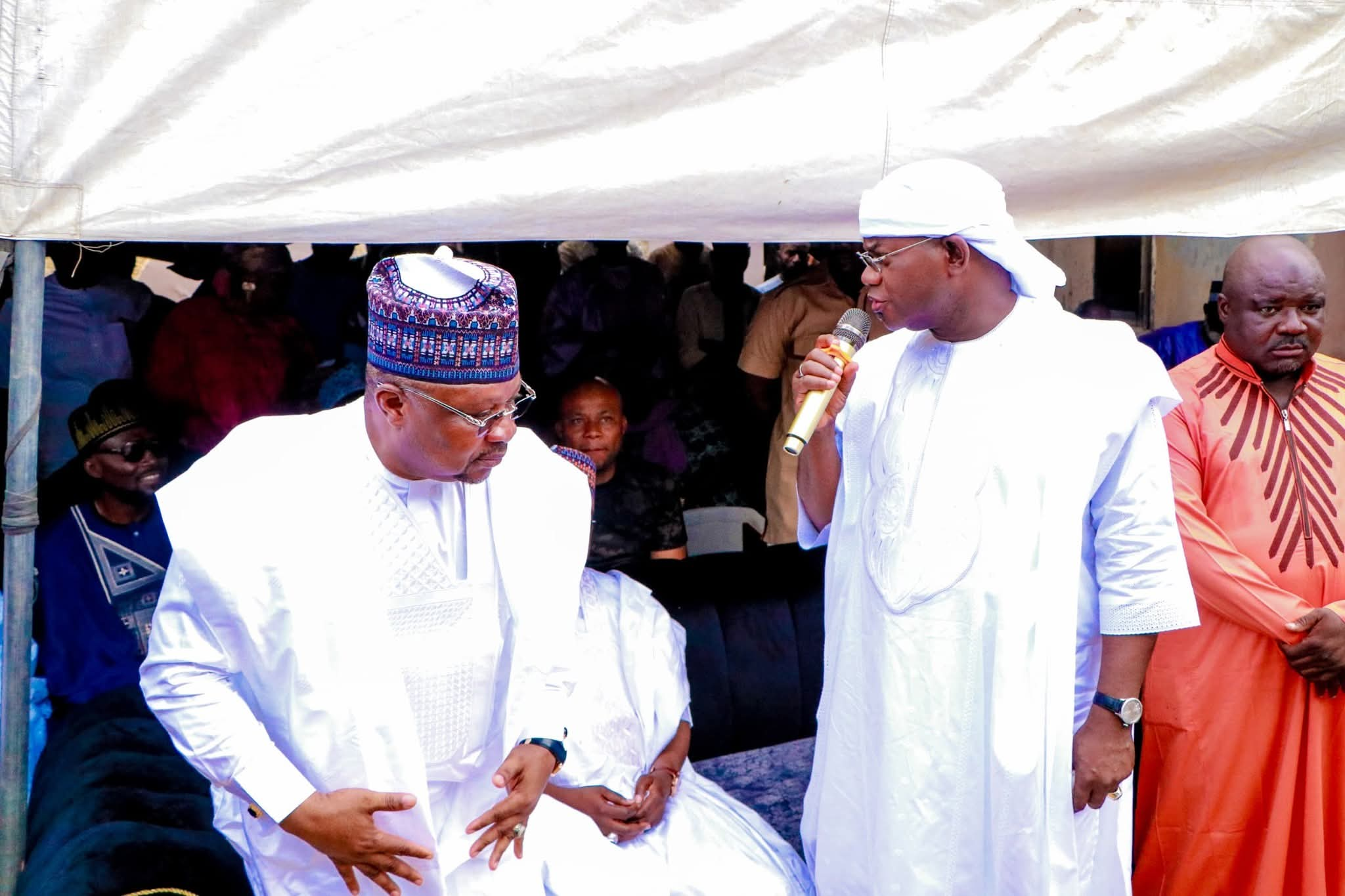By Christopher Sunday
In a historic and symbolic move to redefine its national identity and sever colonial-era ties, the Republic of Niger has officially adopted Hausa as its national language, displacing French from its decades-long status as the country’s primary medium of communication.
The announcement was contained in a new constitutional charter issued on March 31 and published in a special edition of the government’s official journal. The charter unequivocally states: “The national language is Hausa,” while clarifying that “the working languages are English and French.”
This landmark decision, made by the military government currently leading Niger, represents a bold pivot away from the linguistic legacy of French colonial rule and towards a more indigenous cultural alignment. The shift is part of a broader wave of Pan-African sentiment sweeping across parts of West Africa, especially among francophone countries under military leadership.
Hausa, already the most widely spoken language in Niger, dominates everyday communication in key regions such as Maradi, Zinder, and Tahoua. It is also one of the major lingua francas across West Africa, spoken by tens of millions across Nigeria, Niger, Ghana, Benin, and parts of Cameroon and Chad.
With an estimated 90% of Niger’s 26 million citizens using Hausa in daily life, the decision resonates deeply with the population, giving voice to a native linguistic identity long overshadowed by colonial imposition. In contrast, only about 13% of the population is fluent in French — a statistic that has long drawn criticism from education experts and cultural advocates, who argue that the nation’s development has been hindered by the prioritization of a language foreign to the majority.
The language policy shift is also seen as a continuation of the military junta’s assertive posture following the July 2023 coup that removed President Mohamed Bazoum from office. Since then, the junta has expelled French troops, suspended various military and economic ties with France, and embraced closer cooperation with regional allies such as Mali and Burkina Faso — also led by military regimes.
The move to elevate Hausa is not just cultural; it’s deeply political. It sends a message to the world — particularly to France — that Niger is determined to reclaim control of its destiny.
Beyond Hausa, the new charter also acknowledges other major indigenous languages including Zarma-Songhai, Fula (Fulani), Kanuri, Gourmanche, and Arabic as “the spoken languages of Niger,” further affirming the country’s ethnic and linguistic diversity.
Language experts, historians, and pan-African activists have hailed the decision as a progressive leap toward self-determination. Many believe that embracing local languages will foster better access to education, governance, and civic engagement, especially in rural communities.
However, the practical implications of the shift remain significant. Education systems, legal institutions, and administrative frameworks will need to evolve rapidly to accommodate the new national language. Critics argue that replacing French without a clear roadmap for language transition could pose challenges in international diplomacy and legal continuity.
Nonetheless, the symbolism of the move cannot be understated. For many, it is a long-overdue correction to a colonial imbalance — and a message of pride and independence to future generations.
As Niger moves forward, the adoption of Hausa is not merely a linguistic adjustment; it is a declaration of cultural liberation, a reawakening of national consciousness, and a bold step in reclaiming African dignity from the lingering shadows of colonialism.









